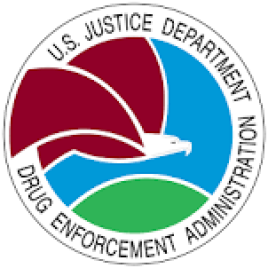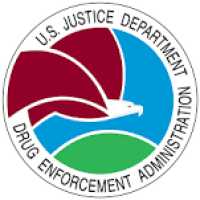DEA Postpones Effective Date of Two Telemedicine Final Rules in Line With Trump Executive Order

The DEA announced March 24 that it was postponing until Dec. 31 the effective date of two final rules dealing with prescribing controlled substances via telemedicine (90 Fed. Reg. 13410).
The announcement came two months after President Trump issued an executive order calling for federal departments and agencies to consider freezing any rules that had not yet taken effect.
Purposes of Final Rules
In the closing days of the Biden administration, the DEA issued two final rules dealing with telemedicine:
- Expansion of Buprenorphine Treatment via Telemedicine Encounter, which would allow a patient to receive a six-month supply of buprenorphine, the drug used to treat opioid use disorder, through a telephone consultation with a health care provider (90 Fed. Reg. 6504); and
- Continuity of Care via Telemedicine for Veterans Affairs Patients, under which a provider-patient relationship would be established for all Department of Veterans Affairs (VA) practitioners engaged in telemedicine with a patient after the patient had received an in-person medical examination from a VA medical practitioner (90 Fed. Reg. 6523).
Both final rules originally were originally scheduled to become final on Feb. 18.
However, in accordance with the Jan. 20 executive order “Regulatory Freeze Pending Review,” on Feb. 19 the DEA delayed the effective dates of the two final rules until March 21 (90 Fed. Reg. 9841).
Call for Postponements
The executive order called for federal agencies to “consider postponing for 60 days … the effective date for any rules that have been published in the Federal Register, or any rules that have been issued in any manner but have not taken effect, for the purpose of reviewing any questions of fact, law and policy that the rules may raise.”
Under the executive order, the delay was intended “to allow interested parties to provide comments about issues of fact, law, and policy raised by the rules postponed under this memorandum and consider reevaluating pending petitions involving such rules.”
Public Comments
In the Feb. 19 Federal Register notice, the DEA solicited public comments regarding the delayed effective date for the two final rules.
In its March 24 notice, the agency said that it had received 32 comments in response to its Feb. 19 request. The DEA reported that of the 32 comments, 13 had requested that the effective date for the two final rules be finalized as soon as possible. Three commenters asked for the effective date to be delayed beyond March 21 but did not propose a new effective date.
Four commenters “generally agreed with the final rules without specifying a preference with respect to their effective date,” the agency added. Eleven commenters expressed concerns unrelated to the effective date, and one commenter merely provided general comments.
In the March 24 notice, the DEA did not identify any specific questions of fact, law or policy raised by the commenters.
COVID-19 Flexibilities Still in Effect
In the Feb. 19 notice, the DEA noted that new effective dates for the two final rules “will not delay or limit the ability of the practitioners covered by these two rules to prescribe via telemedicine, because the ‘Temporary Extension of COVID–19 Telemedicine Flexibilities for Prescription of Controlled Medications,’ which has been in effect since May 10, 2023, permits practitioners to prescribe via telemedicine through Dec. 31, 2025."
The delay to Dec. 31, the agency added, will “allow DOJ additional time to further review any questions of fact, law and policy that the rules might raise.”



